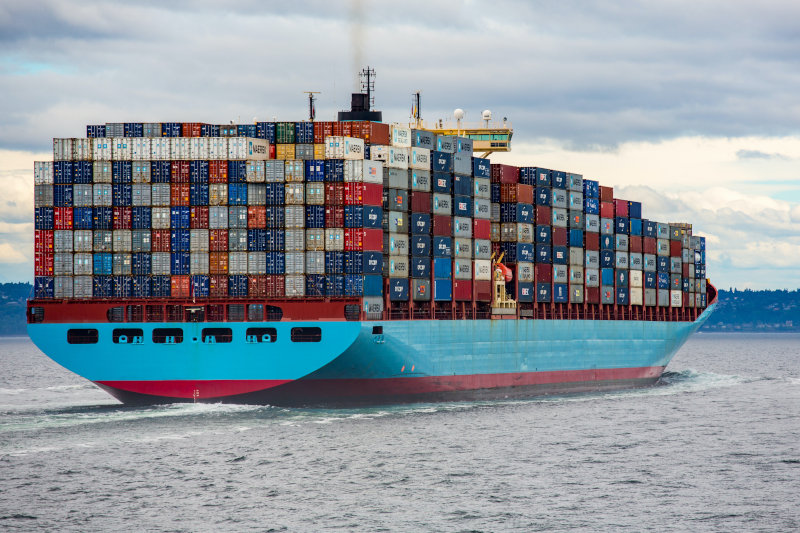The Moroccan economy in 2024 has shown mixed results, with notable improvements in key macroeconomic indicators despite ongoing challenges such as prolonged drought, geopolitical uncertainties, and modest growth rates.
While inflation has eased, economic growth fell short of targets set in the Finance Law of 2024.
Experts have observed a growth rate below 3%, compared to 3.2% in 2023, mainly due to the agricultural sector’s limited contribution caused by persistent drought.
However, non-agricultural sectors, particularly the automotive industry, tourism, and record remittances from Moroccans abroad, played a crucial role in stabilizing the national economy.
Economic analyst Idriss Alaoui told Hespress Ar that Morocco witnessed an increase in public investment, rising from MAD 300 billion in 2023 to MAD 335 billion in 2024.
These funds have supported infrastructure projects and stimulated economic activity, though small and medium enterprises (SMEs) have not fully benefited from the new investment charter.
Alaoui said Morocco is actively preparing for major international events, including the 2025 Africa Cup of Nations and the 2030 FIFA World Cup.
These preparations include large-scale infrastructure projects, such as the construction of the Grand Hassan II Stadium in Benslimane with a capacity of 115,000 seats and a budget of MAD 5 billion.
Morocco has also plans to expand high-speed rail networks and increase airport capacities to accommodate up to 80 million passengers by 2030.
Abderrazak Elhiri, an economic researcher, said that while Morocco has managed to control inflation and budget deficits, growth forecasts remain modest, hovering around 3.6% from 2026 onward.
Elhiri stressed the importance of ongoing water projects, including dam construction and seawater desalination, to address Morocco’s structural water crisis.
Meanwhile, economist Badr Azzaher Alazrak pointed to signs of recovery, including Bank Al-Maghrib’s decision to reduce interest rates, aimed at revitalizing domestic demand.
But Alazrak warned that agricultural challenges, water scarcity, and energy independence remain significant hurdles.
Youssef Kiroui Filali, head of the Moroccan Center for Governance and Management, expressed cautious optimism, citing stable inflation and fiscal discipline.
Filali warned of continued reliance on agricultural outputs, which remain vulnerable to climatic shocks.
Looking ahead to 2025, experts anticipate moderate economic growth driven by public investments, ongoing infrastructure projects, and preparations for global sports events.
Yet, unemployment, particularly among women and youth, remains a critical issue that requires targeted government intervention.
The post Morocco’s 2024 economy: Mixed results, significant investments, and challenges ahead appeared first on HESPRESS English – Morocco News.





 No products in the cart.
No products in the cart.